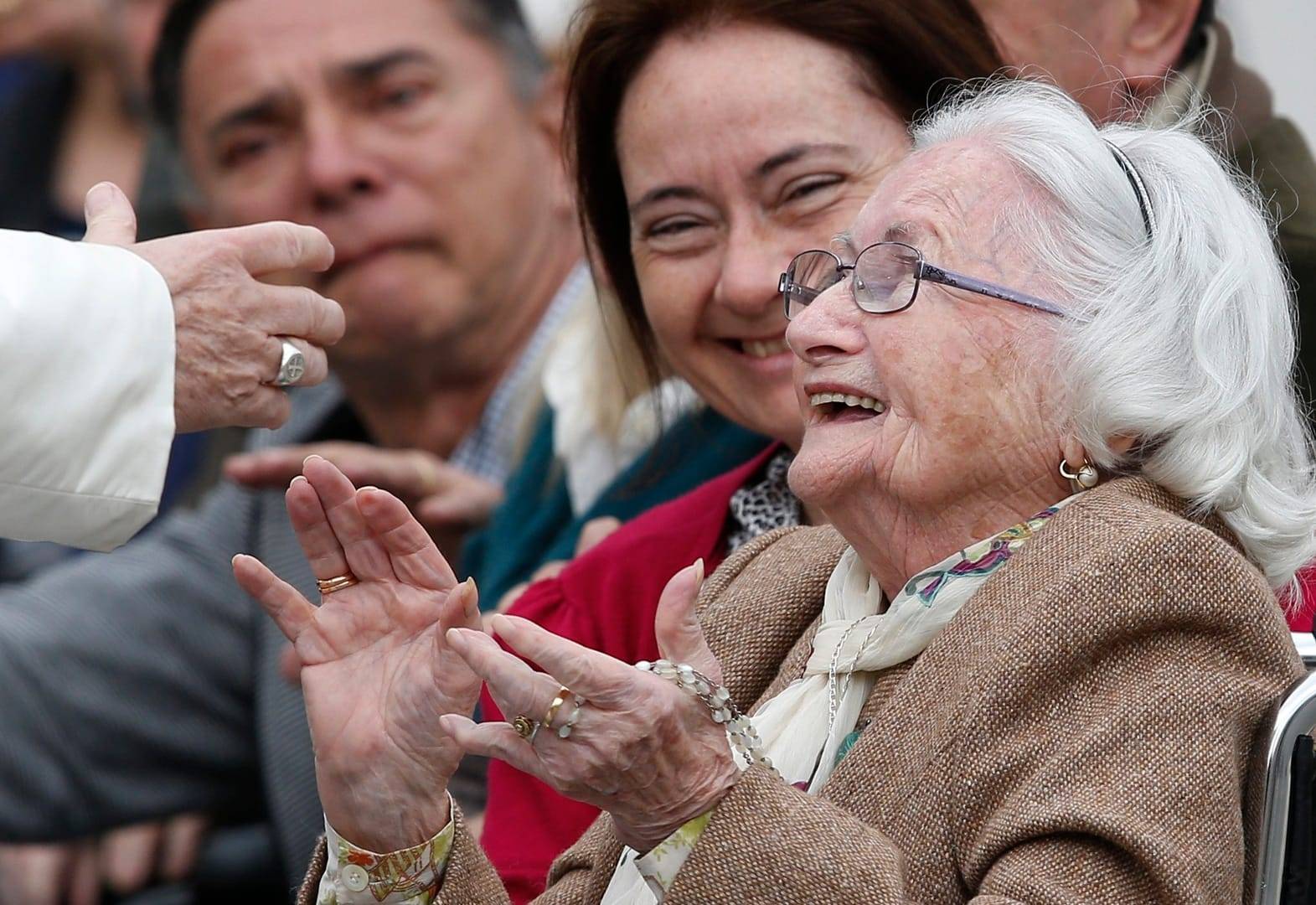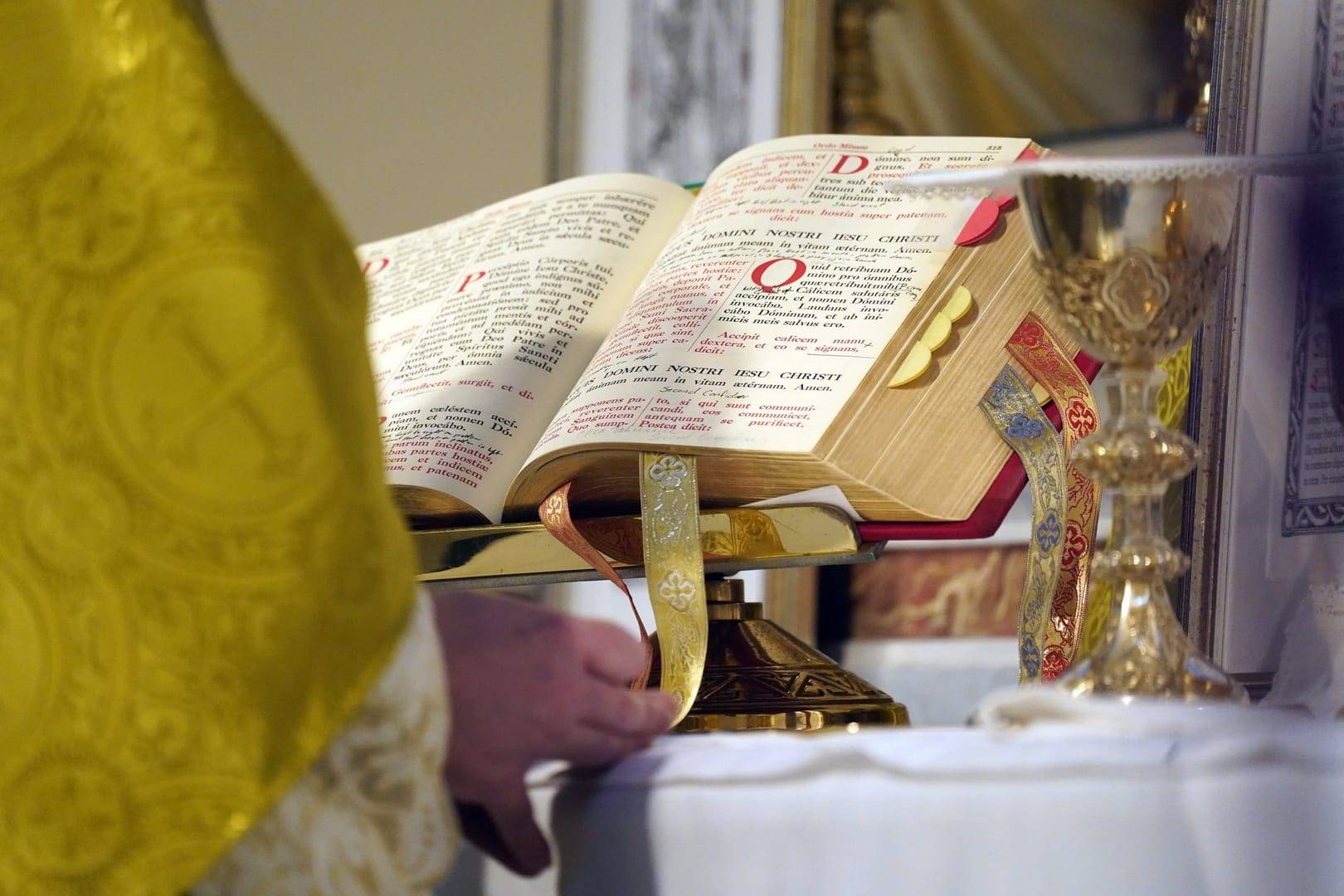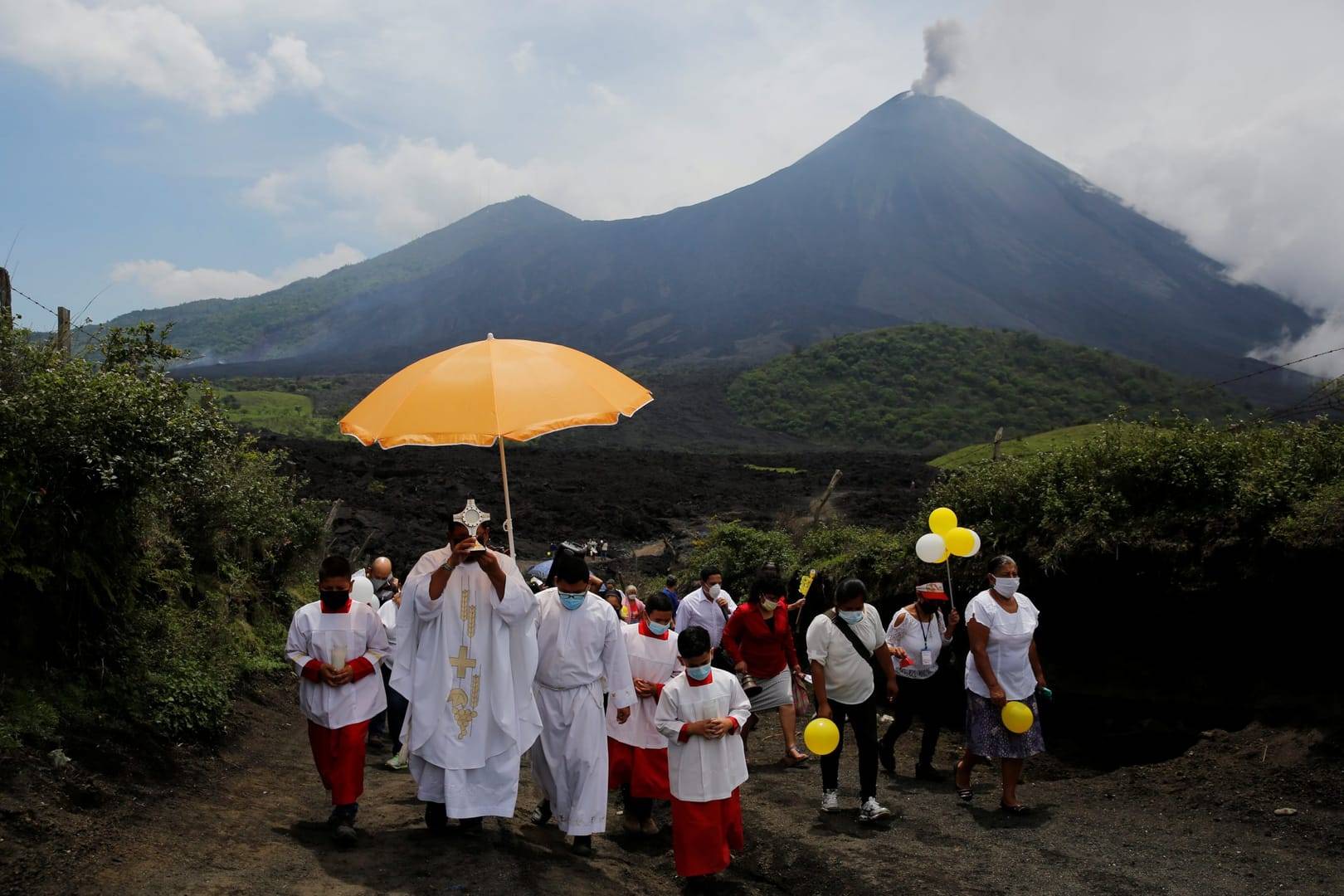ROME—Putting an end to much speculation, the Vatican on Wednesday announced that Dallas Bishop Kevin Farrell has been appointed by Pope Francis to head the Vatican’s newly created mega-office on the family, laity, and life issues.
Born in Ireland in 1947, Farrell has served as bishop of Dallas since 2007. Starting Sept. 1, he’ll become the Prefect of the Dicastery for the Laity, Family and Life.
The creation of this new office is part of Francis’ attempt to reform the Roman Curia, meaning the government of the Catholic Church.
His older brother, Bishop Brian Farrell, currently serves as Secretary of the Vatican’s Pontifical Council for Promoting Christian Unity. As a fun fact, the younger brother, created a bishop a year before his elder, has been quoted saying there’s “still some of that sibling rivalry” between the two.
The statutes for the office now headed by Farrell were announced last June, and the office comes from the merger of two current Vatican departments: The Pontifical Council for the Laity and the Pontifical Council for the Family. The Pontifical Academy for Life will also be connected to this new department.
The decision to put these three together has garnered the new office the label of “mega-dicastery.”
The Vatican statement announcing Farrell’s new position gave no indication as to where Polish Cardinal Stanislaw Rylko, currently head of the Council for the Laity, will go to next. Italian Archbishop Vincenzo Paglia, until now head of the Council for the Family, was appointed new president of the Pontifical Academy for Life.
Cardinal Donald Wuerl, Archbishop of Washington and a close Francis adviser, released a statement on Wednesday describing the appointment as “welcome news” given Farrell’s “demonstrated pastoral skills and his recognized administrative abilities.”
Farrell and Wuerl worked together in DC in 2006-2007, where the new Vatican official served as an auxiliary bishop before being transferred to Dallas.
He started out as a Legionaries of Christ priest, but left in 1984 to become a member of the diocesan clergy.
He obtained his Bachelor of Arts degree from the University of Salamanca in Spain, studied philosophy and theology at Rome’s Pontifical Gregorian University, and dogmatic and pastoral theology in the Pontifical University of St. Thomas Aquinas.
Farrell also holds a Master’s in business and administration from the University of Notre Dame, which probably came in handy when he served as treasurer of the U.S. Conference of Catholic Bishops (USCCB) and chairman of the bishops’ Committee on Budget and Finance.
Ordained a priest in Rome, he began his ministry in Monterrey, Mexico, where he served for seven years (and perfected Spanish). In 1984, Farrell was assigned to the United States and incardinated in the Archdiocese of Washington, D.C.
John Paul II made him auxiliary bishop in 2001.
In Wednesday’s statement, Wuerl also lauded Francis’ decision to create the new dicastery, saying it’s the pope’s way to call the attention of the whole Church “to the role of the laity and the importance of a robust, pastoral activity and support of family and married life.”
“How appropriate that so soon after the publication of the post-synodal apostolic exhortation, Amoris Laetitia, with its widespread and wholehearted reception in the Church, we would now have a new Vatican office to further that important ministry,” Wuerl said.
Although early in the reform Francis had voiced the possibility of a married couple heading this new dicastery, the document released on June 4 had anticipated it’d be led by a prefect, always a cardinal or an archbishop “unless specified” by “some special law.”
The new office will also have a secretary, “who could be a lay person,” and three sub-secretaries, one for laity, one for family and one for life, who according to the statutes “will have to be laity.”
The norms, approved by Francis “ad experimentum,” say the new department will promote “the pastoral care of the family, maintain the dignity and basic good of the Sacrament of marriage, favor the rights and responsibilities of the Church in civil society.”
Francis’ reform of the curia will conclude with a revised, or completely new, version of Pastor Bonus, currently the curia’s internal constitution, issued by Pope John Paul II and which the Argentine pontiff decided to revise with the help of a group of nine cardinal advisers.















